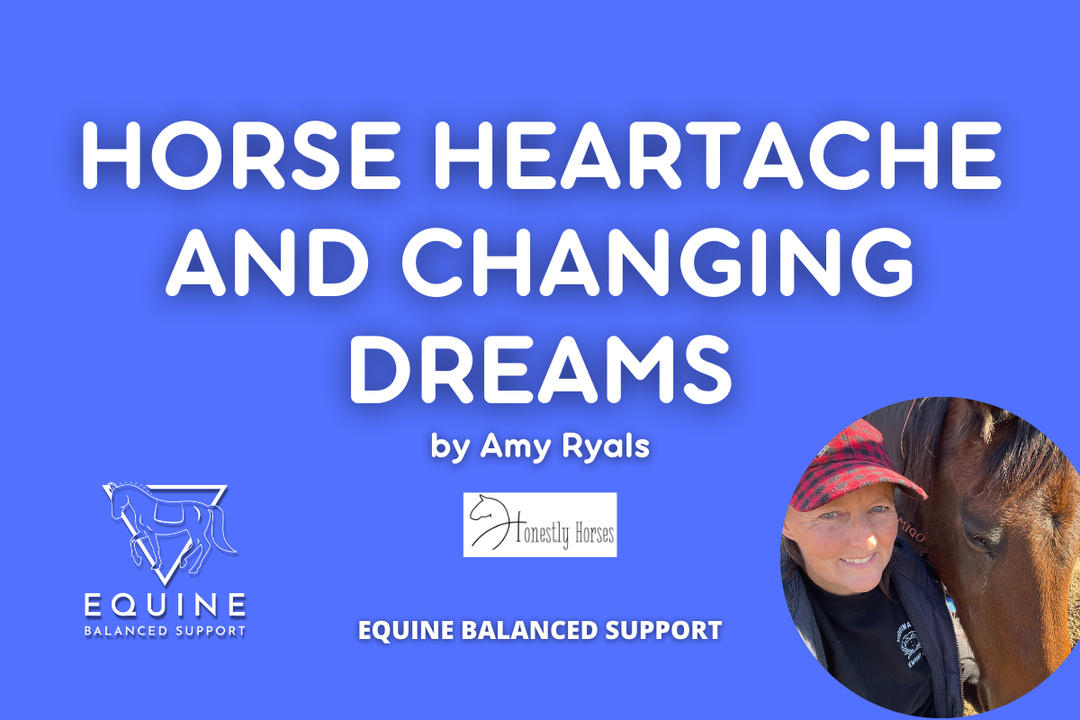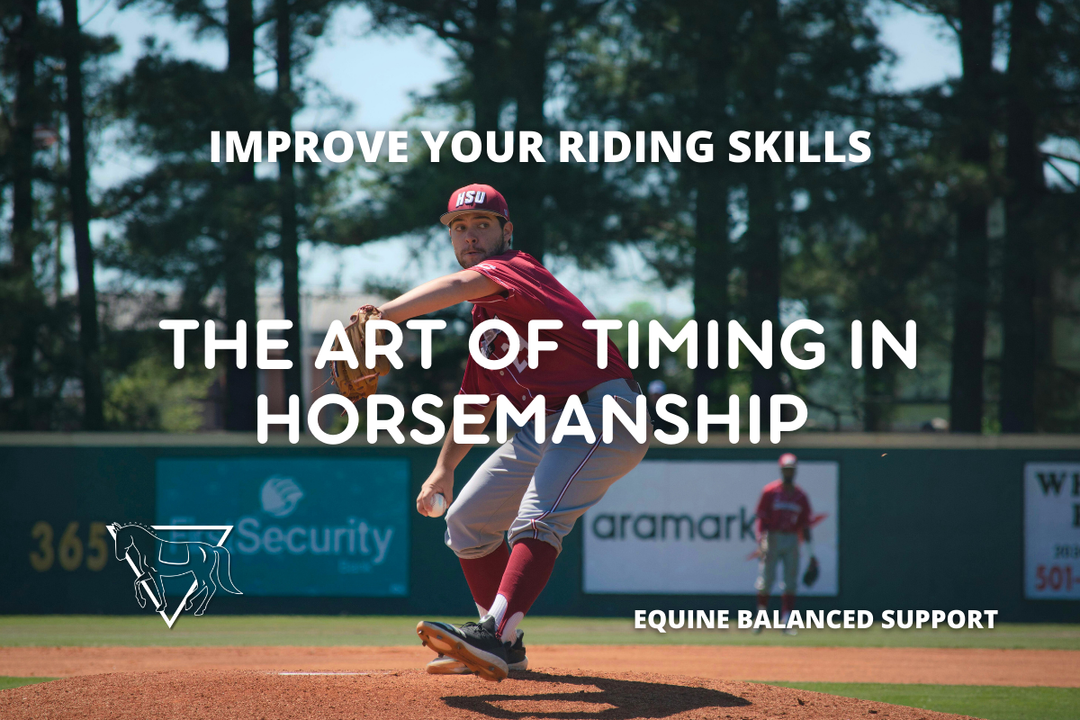Unbridled Health: Elevating Your Horse's Wellbeing with Vitamin E
The Essential Role of Vitamin E in Horse Diets
In the majestic world of horses, every little detail matters when it comes to nurturing their health and ensuring optimal performance. Vitamin E is a potent antioxidant vital for maintaining muscle function and the immune system in horses.
A Vital Nutrient for a Vibrant Steed
As highlighted by the UC Davis Veterinary Medicine's Finno Laboratory, Vitamin E protects cell membranes from damage by free radicals, which are generated during normal metabolic processes. Its role extends further by fostering a resilient immune response, crucial for the overall well-being of your equine companion.
A study on PubMed underlines the importance of Vitamin E, pointing out that a deficiency can heighten susceptibility to diseases and notably hinder the immune system's normal functioning. Thus, maintaining adequate levels of Vitamin E in your horse's diet is essential.
Vitamin E is also critical for preserving and enhancing neurological functions, facilitating normal muscle metabolism, and averting muscle disorders prevalent in horses.
Grazers Nutri-Bites Horse Treats: A Treat with a Health Promise
Grazers Nutri-Bites Horse Treats offer more than just a tasty snack; they're a nutritious addition to your horse's regular diet. Each treat is packed with essential nutrients, including Wheat Germ Oil as a natural source of Vitamin E, ensuring your horse receives a boost of vital nutrients that support overall health and well-being.
Unlike traditional sugar-based horse treats, Grazers Nutri-Bites prioritize health and nutrition, offering a healthier alternative that adds meaningful value to your horse's diet.
Remember, Grazers Nutri-Bites are meant to complement, not replace, your horse's regular diet. They are available at EquineBalancedSupport.com.
Aiding Performance and Health with Vitamin E
- Quality Feed: Ensure a diet enriched with Vitamin E through quality feeds. When fresh green forage is unavailable, consider Vitamin E supplements to keep their nutrient intake balanced.
- Supplement Wisely: Opt for supplements rich in natural Vitamin E, which is more readily absorbed by a horse's body than its synthetic counterparts.
- Consult with a Vet: Always consult with a veterinarian before making any changes to your horse's diet based on their individual health profile.
- Routine Check-ups: Schedule regular check-ups to monitor the Vitamin E levels in your horse's system, allowing for timely adjustments to maintain optimum health.
Galloping Towards a Healthier Future
By emphasizing the importance of Vitamin E and incorporating it wisely into your horse's diet, you're fostering better health, enhancing performance, and ensuring longevity. Take the reins of your horse's nutrition and gallop towards a future where health meets performance, thanks to the remarkable benefits of Vitamin E. Remember, a happy horse is a healthy horse, and a healthy horse is indeed a magnificent sight to behold.






Leave a comment